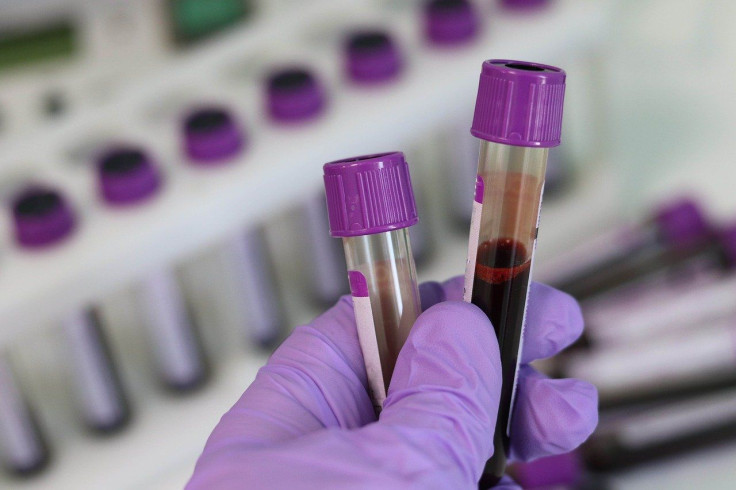This Inexpensive Blood Test Can Detect Cancer, Metastasis: Study
KEY POINTS
- Some cancer patients only present non-specific but "concerning" symptoms
- An inexpensive blood test can help detect cancer and metastatic disease
- The test could allow for "accurate, timely and cost-effective triaging" of patients with suspected cancer: Researchers
A simple and inexpensive blood test can determine whether a person has cancer and if it has already metastasized, researchers have found.
Diagnosing cancer early gives patients "the best chance" to get a successful treatment. However, this isn't always easy to do as some people don't present specific cancer symptoms, said the researchers of a new study, published in Clinical Cancer Research. They noted that early cancer diagnosis is "critical" in improving patient's outcomes.
Researchers have in the past found that a technique called nuclear magnetic resonance (NMR) metabolomics analysis can actually detect cancer in animal models and even "distinguish between differing metastatic disease burdens."
Compared to other blood tests for cancer wherein the focus is on detecting the genetic material from tumors, NMR metabolomics utilizes "high magnetic fields and radio waves" to determine the levels of metabolites in the blood, the University of Oxford noted in a news release. Healthy people, those with localized cancer and those with metastasized disease have different blood metabolite profiles, the university explained.
For their study, the researchers looked at samples from 304 patients who were recruited from the Oxfordshire Suspected CANcer pathway, which is a referral pathway for patients with non-specific but "concerning" symptoms, such as weight loss and fatigue. They collected the patients' blood and analyzed the samples through NMR metabolomics.
The test was able to detect disease in 19 out of every 20 patients with cancer, and even differentiate those "with and without metastatic disease," the researchers noted. It also identified metastatic disease in the patients with cancer with 94% accuracy.
NEW STUDY: Researchers at @OxfordCancer have designed a new type of blood test which shows promise in detecting cancer.
— University of Oxford (@UniofOxford) January 5, 2022
The test is minimally invasive, inexpensive, and can determine if a cancer has spread.
Read more ⬇️
Since the test is not specific to just one type of cancer, it could help with the earlier detection of the disease in patients with non-specific symptoms. It is fast and inexpensive, and has the potential to detect the disease even before the traditional imaging can be performed, the university noted.
"This work describes a new way of identifying cancer. The goal is to produce a test for cancer that any GP can request," study lead researcher Dr. Fay Probert, of the University of Oxford, said in the news release. "We envisage that metabolomic analysis of the blood will allow accurate, timely and cost-effective triaging of patients with suspected cancer, and could allow better prioritization of patients based on the additional early information this test provides on their disease."
The hope is that the test can be a part of a routine blood test for patients presenting non-specific symptoms, Science Focus reported. However, there are still several steps to go through, from testing it on more patients to regulatory approval, before it can be available.

© Copyright IBTimes 2024. All rights reserved.






















